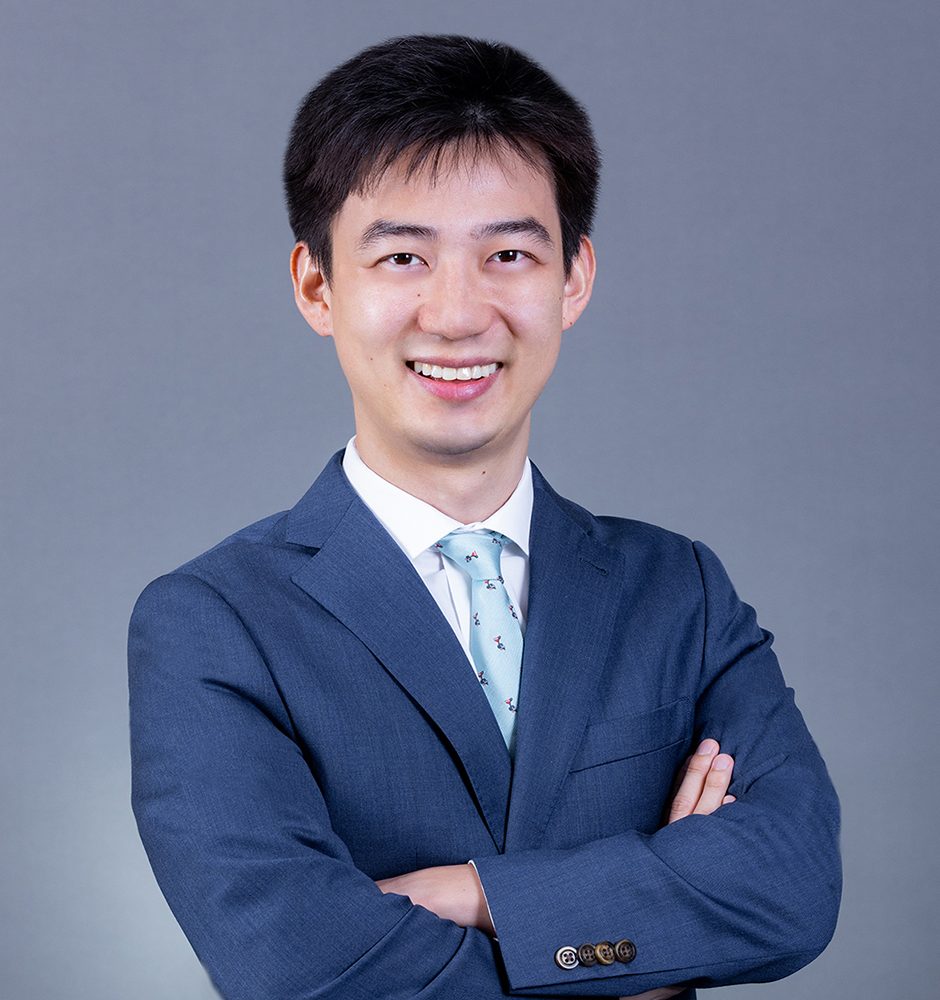Besides retirement, another ongoing concern of Hong Kong people is the city’s housing affordability. For fourteen years in a row since 2010, Hong Kong has been ranked the least affordable housing market in the world. In chapter 4, Michael Wong, Jimmy Ho and Yulin Hong measure the distributional effects of Hong Kong's housing affordability crisis by decomposing population, price, and construction data. The study shows that large-scale public housing insulated a large fraction of households from rapidly rising private-sector housing costs between 2006 and 2016. However, as private-sector costs rose, public housing became increasingly misallocated, and the population of private renters dramatically increased. The prices and rents of smaller private-sector units disproportionately increased. The result was a significant increase in the price of small units, as well as a disproportionate burden borne by young renters, who increasingly lacked the ability to move up Hong Kong's housing ladder. The continuing lack of affordable housing is highly detrimental to Hong Kong's economy, which hampers the city’s ability to attract talent and investment.

3910 3086
KK 921
為促進香港經濟增長,政府實行了大規模的研發補貼,旨在創造新產業和刺激新的經濟增長。政府還積極放寬移民限制,希望吸引年輕人才。 可惜,這些政策的作用很有限。過去10年,儘管特區政府在創新補貼上花費了巨額資金,但本港的機械、設備和知識產權實際投資,從2012年的2780億元(佔GDP的13.7%),下降到2023年的1730億元(佔GDP的5.8%)。儘管移民限制得到放寬,本港勞動人口在2023年5月至2024年5月期間,僅增長了0.4%。
香港地狹人稠,公共房屋資源緊絀。不少基層人士因未能輪候到公屋,而被迫選擇住於狹小且生活環境惡劣的劏房。可諷的是現時居住公屋的住戶中,有為數不少擁有名車甚或在外地有物業,過着不俗的物質生活。他們被統稱為「富戶」。
Prof. Michael Wong commented in a recent South China Morning Post SCMP article that the current situation is unsustainable unless there are system reforms to free up public resources such as raising rents for well-off tenants, tightening eligibility criteria, and refocusing on building more ownership units to help better-off tenants upgrade and vacate.
Due to the aforementioned socioeconomic issues faced by the city, among other reasons, hundreds of thousands of Hong Kong’s working-age population and their families have emigrated abroad. Simultaneously, hundreds of thousands of people, some attracted by the Hong Kong government’s ambitious talent programs, have arrived in Hong Kong in the past year. What are the implications of these population flows on the city’s labor force and talent pool? Dr. Alan Kwan, Prof. Heiwai Tang, and Dr. Michael B. Wong have analyzed LinkedIn profile data and government statistics to evaluate Hong Kong’s labor market and economic prospects.
Hong Kong has been struggling with a surge in subdivided homes, leading to cramped and inhumane living conditions for its residents. While the government has proposed solutions like the Light Public Housing program, their implementation will be both time-consuming and expensive, resulting in long waiting times for public housing.
近10年來,香港一直面對分間樓宇單位(俗稱「劏房」)激增的困局。窮等人家蝸居在擁擠不堪的非人居住環境,此等影像令人心痛,亦有損香港聲譽。
特首李家超即將發表首份施政報告,房屋政策將是重點之一。香港大學經管學院學者倡議改革公屋編配制度,將高生產力公屋戶集中於市區,預期最終可為高生產力公屋戶,每年可減省19億元交通費和1.1億個交通時數





